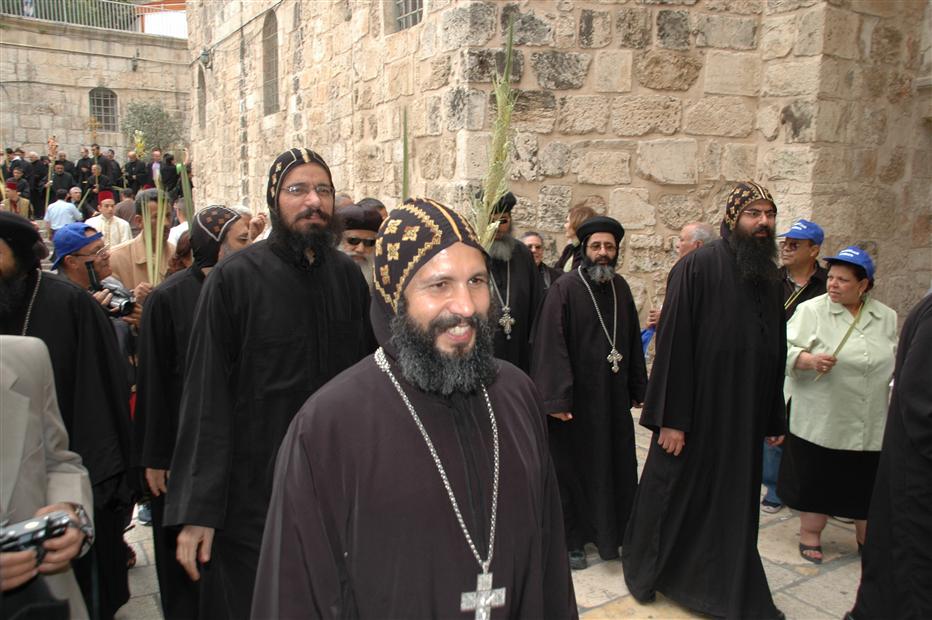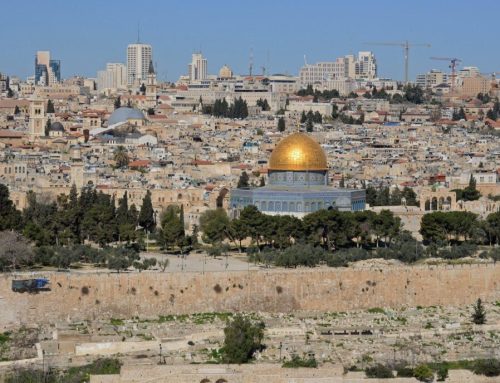Cairo – More than 6 thousand Coptic Orthodox Christians are ready to go to Israel to celebrate the liturgical feasts of Easter in Jerusalem, which this year, for the Coptic Orthodox Church, falls on April 29th. The data, provided by the network of tourist agencies, testify the rapid growth of Egyptian Coptic pilgrimages to Israel, which at the end of the 1970s had been forbidden by Patriarch Shenuda III, who died in 2012. Compared to 2018, there is a increase of 1500 registrations in the pilgrimages of Christians organized from Egypt to Jerusalem. Egyptian tour companies point out that when one lands in Israel, the entry stamp in the Jewish state will not be put on Egyptian passports, but on special leaflets to be attached to one’s document. Furthermore, it is specified that all Christian pilgrims from Egypt will stay in accommodation facilities run by Palestinians, both in East Jerusalem and in Bethlehem.
The growing presence of the Egyptian Coptic Orthodoxs in the Holy City, in constant growth since 2015 (see Fides, 26/4/2016), marks the end of the prohibition to visit Jerusalem which in 1979 had been imposed on the faithful by the then Patriarch Shenouda III. During the years when the Arab-Israeli conflict radicalized, Coptic Patriarch Shenouda III (1923-2012) forbade the faithful of his Church to make pilgrimages in the Jewish state and had not changed his position even after the normalization of relations between Egypt and Israel desired by President Sadat. This prohibition was never formally revoked, but already in 2014 the journey made in the Holy Land by ninety Coptic Christians on the occasion of Holy Week had given way to several observers to point out the irrelevance of the anti-pilgrimage provision, within the existing relations between the two neighboring nations.
What further promoted the Copts pilgrimages to the Holy Land was certainly the journey made in late November 2015 in Jerusalem by Patriarch Tawadros II, during the funeral of Archbishop Abraham, head of the local Orthodox Coptic community. The Patriarch’s trip, although presented by the Coptic Orthodox Church as “an exception”, was definitely seen by Egyptian Copts as an eloquent sign that the new Patriarch has no intention to defend punitive prohibitions for the spiritual life of the faithful.






